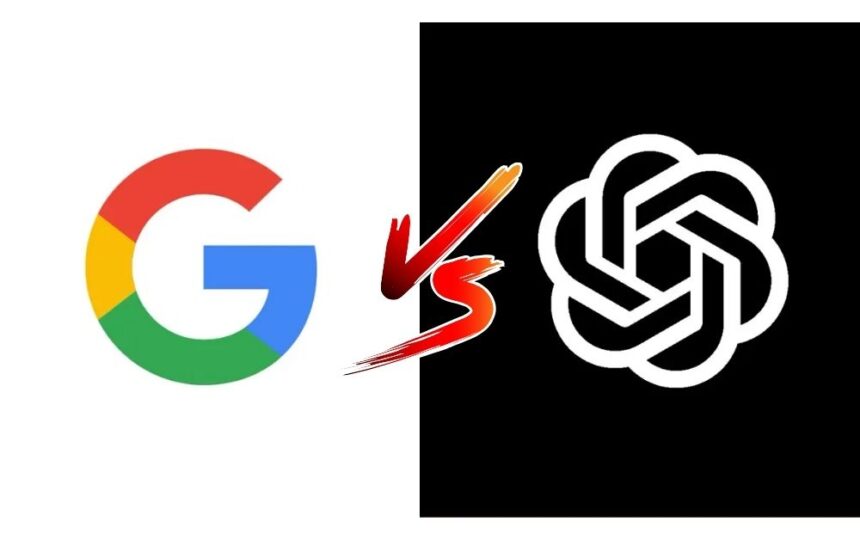The day following the interview of Google’s CEO, Sundar Pichai, where he seemed unbothered about the growing competition in AI, it looks like OpenAI is going to fly above Google. He highlighted that Google Search will remain different from others and that its ad-based model would continue as artificial intelligence is integrated in search.
Google has been on top of everything related to search for more than twenty years. Nevertheless, things could soon change. According to Bloomberg, OpenAI is making a GPT-powered search engine as a challenge to Google. But this new AI-powered search by OpenAI what is it? Below we have put together all we know concerning the upcoming product from OpenAI.
How will it work?
According to reports, users will be able to receive answers in response to questions and their sources cited—both derived from internet searches. This new platform may contain images. For example, if a user wanted instructions on changing tires they might see diagrams with pictures showing each step in the process of replacing and fitting them onto rims or wheels. This attempts to deviate significantly from conventional search engines.
How will you access it?
Although there isn’t any confirmation yet but soon users are rumored being capable of using this website too. It also emerged that when the search engine finally launches itself into public service mode then its users can try out through the address- search.chatgpt.com now visiting this web page gives you nothing.
How is it different from Google?
What people get after typing queries into typical online searching platforms takes them through many pages till where they find something relevant out of a myriad of responses. With an AI search engine they present at once what one tries finding as such making apparent what one expects results against his/her query automatically these engines would respond quickly and accurately.
OpenAI’s innovative product comes at a time when other companies like Microsoft Copilot and Gemini by Google have already created AI-based assistants. Others include You.com, perplexity.ai, Waldo, etc.



